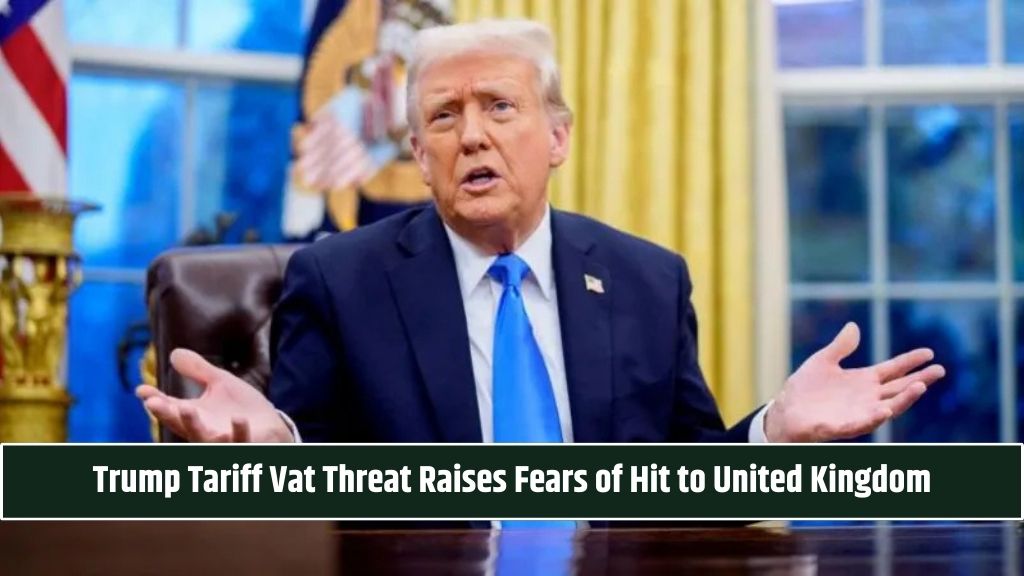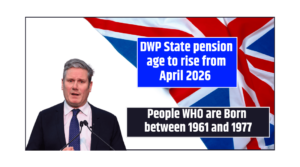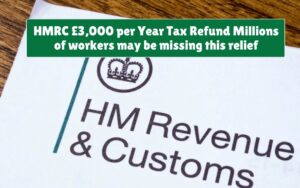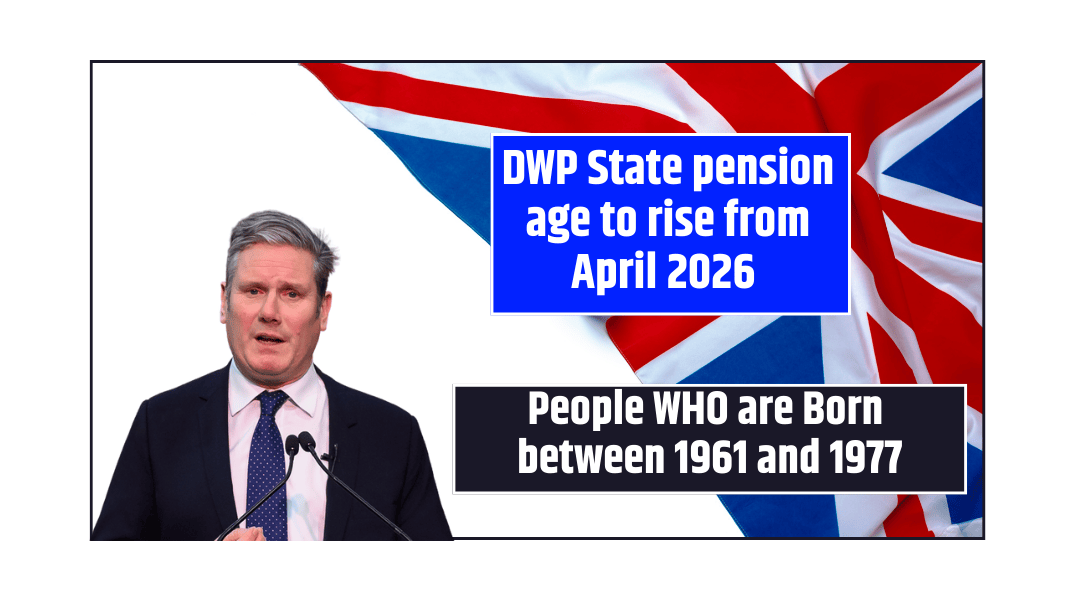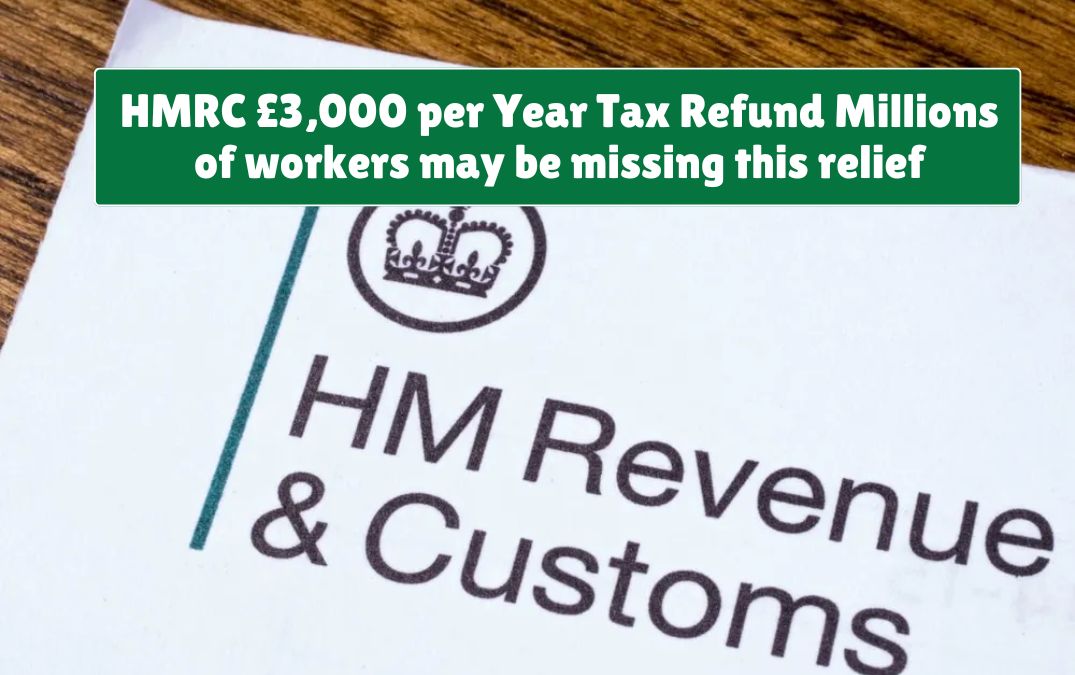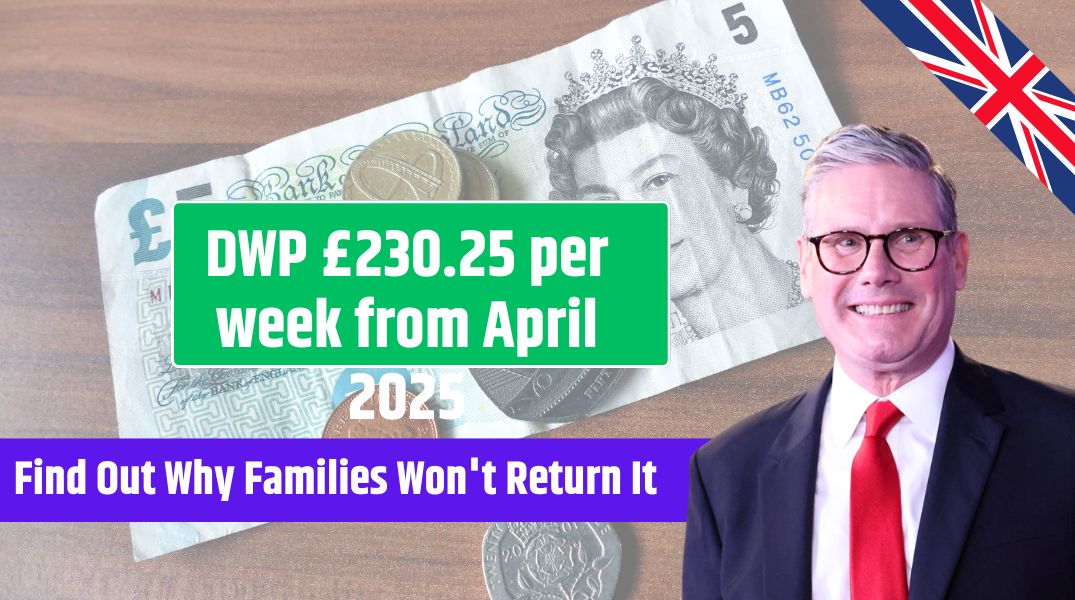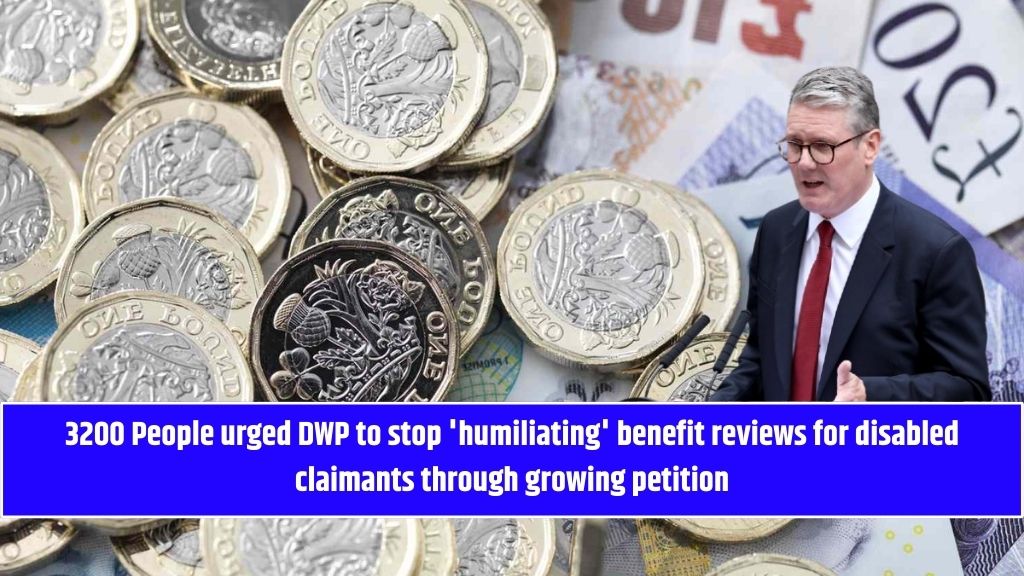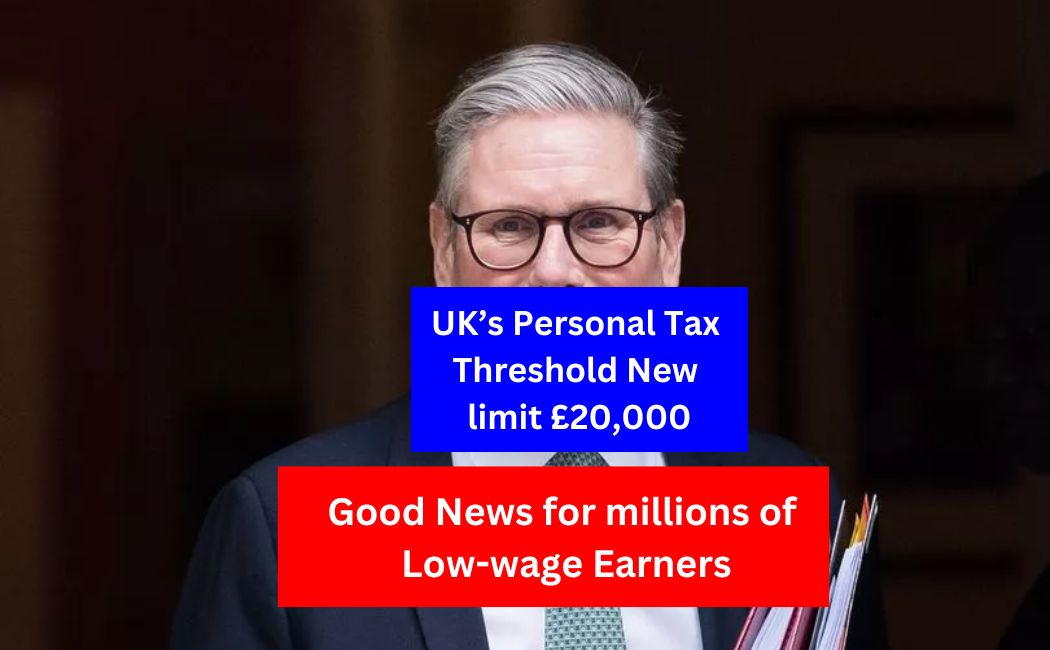The UK is facing growing uncertainty about potential new trade taxes from the United States after former President Donald Trump announced plans to target Value Added Tax (VAT) as part of his tariff strategy. Trump’s proposal for “reciprocal tariffs” could significantly impact British businesses, with industries like automotive, pharmaceuticals, and food and drink likely to bear the brunt.
Trump’s New Tariff Plan: What It Means
In his latest announcement, Trump instructed his administration to create custom tariffs for individual countries. These tariffs would be based on trade relationships, including imports, exports, and, surprisingly, VAT. The UK, which previously believed it would be less affected, now faces the possibility of tariffs as high as 20% or more.
VAT, a 20% tax applied to most goods and services in the UK, has been labeled “unfair” by Trump, who argues it puts American businesses at a disadvantage. While VAT applies equally to domestic and imported goods in the UK, Trump’s advisers believe it acts like a hidden trade barrier since the US relies more on state-level sales taxes.
The Potential Impact on UK Exports
Analysts predict UK businesses could face tariffs of around 21% if Trump’s proposal becomes reality. Deutsche Bank’s George Saravelos explained that applying VAT-based tariffs would hit European countries particularly hard. The British Chambers of Commerce (BCC) warned that cars, medicine, and food exports might be the most vulnerable.
William Bain, BCC’s head of trade policy, noted that the UK does have some protection since it exports fewer goods to the US compared to other countries. However, he cautioned that the proposed tariffs could still create uncertainty, raise costs, and disrupt long-standing trade practices.
British Businesses Respond
For UK businesses like Leeds-based Trust Electric Heating, the potential tariffs are a cause for concern. Managing Director Fiona Conor said she wouldn’t want to pass these costs on to customers. Instead, she is considering relocating production to the US to take advantage of tax breaks for innovative manufacturers. Conor urged the UK government to strengthen its relationship with the US to avoid these tariffs.
Why Target VAT?
VAT, unlike sales tax in the US, is applied at each stage of production, which some American policymakers see as discriminatory. Trump’s team argues that countries like the UK, which use VAT, effectively create a barrier for US exports while giving domestic goods an advantage.
However, UK economists like Paul Ashworth from Capital Economics disagree, noting that VAT is applied equally to all goods regardless of origin. Ashworth suggested that Trump’s shift toward tariffs based on country-specific factors, rather than a universal import tax, adds further uncertainty to trade relations.
The Risk of a Trade War
International trade experts warn that Trump’s proposal might spark retaliatory measures from affected countries. Caroline Ramsay, an international trade lawyer, pointed out that the term “reciprocal” might not mean matching UK tariffs exactly but instead reflect what the US considers fair.
BCC’s William Bain stressed the importance of diplomatic negotiations to prevent escalating trade tensions. He advised the UK government to avoid getting “sucked into a trade war of tit-for-tat tariffs.”
Senior UK minister Pat McFadden echoed this cautious approach, stating the government would monitor the situation before taking any action.
Looking Ahead: Uncertain Times for UK-US Trade
The introduction of VAT-based tariffs could reshape UK-US trade dynamics significantly. While the full impact remains uncertain, British businesses are already considering contingency plans, including relocating operations to the US. The UK government faces a delicate balancing act: protecting domestic businesses while maintaining a strong relationship with its largest non-EU trading partner.
As Trump continues to advocate for tariffs to protect American industry, the global trade landscape may become even more unpredictable. UK businesses, policymakers, and consumers alike must prepare for potential changes that could affect everything from car prices to food exports.
| Visit for More News and Updates | WSOA NEWS |
